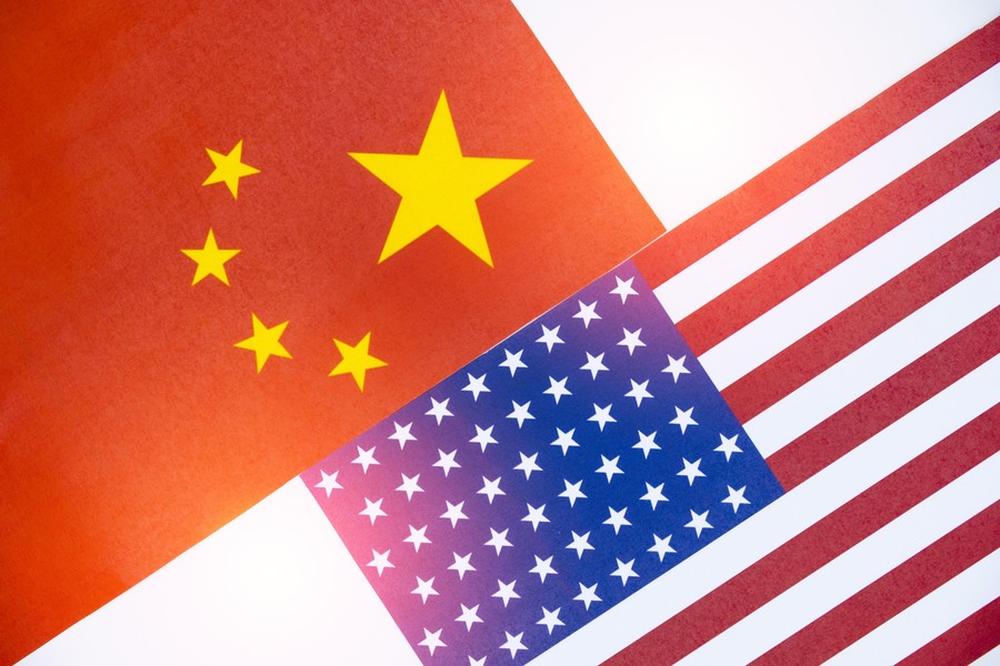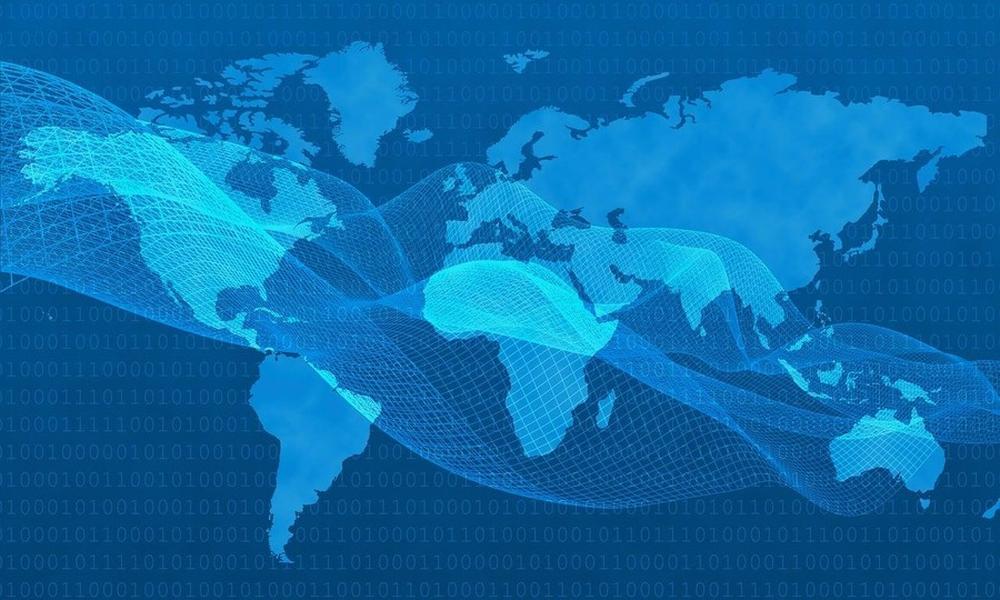- #Economy & Trade
- #Multilateral Relations
- #Technology & Cybersecurity
- #US Foreign Policy

► The expanded U.S. use of export controls on advanced AI chips to China, originally unveiled on October 7, 2022 and updated on October 17, 2023, signals a profound shift in the U.S. use of national security trade tools and simultaneously invites a host of other questions about the suitability of current trade and economic rules to govern this new technology-driven economic security era.
► Integral to this new era is the need to identify ways to offset costs incurred from the expanded use of trade-restricting tools.
► Using export controls and investment screening policies as a foundation for cooperation, the United States and Republic of Korea – together with other close partners – can scale up advanced technologies and better enable technology alliances to “run faster” in the geoeconomic race.
The expanded U.S. use of export controls on advanced AI chips to China, originally unveiled on October 7, 2022 and updated on October 17, 2023, signals a profound shift in the U.S. use of national security trade tools and simultaneously invites a host of other questions about the suitability of current trade and economic rules to govern this new technology-driven economic security era. Integral to this new era is the need to identify ways to offset costs incurred from the expanded use of trade-restricting tools.
When the United States unveiled its export controls on advanced AI chips to China, the controls were initially unilateral. Realizing that U.S. chokepoints over advanced semiconductor supply chains would be insufficient alone, the United States encouraged the Netherlands and Japan to implement similar licensing changes in a move that would exercise their respective chokepoints. What ultimately emerged from this negotiation was a trilateral arrangement that in some ways constitutes a “mini” export control regime for chips.
The Republic of Korea has so far declined to join the trilateral arrangement, preferring not to become more directly implicated in U.S.-China power competition. However, in October 2023 the United States did grant validated end-user status to Korean firms SK Hynix and Samsung, allowing the firms to continue to supply certain tooling to their facilities in China. This decision signals the U.S. belief that the status quo is working – at least for now. Whereas Korean firms had hoped for a permanent waiver, the United States instead granted indefinite validated end-user status, allowing the United States to revoke licenses if firms violate the export control rules. For now, this outcome provides additional, although potentially short-term, certainty for the private sector.
This approach reflects endemic changes in today’s “geotech” environment, wherein technology controls play an integral role in both geopolitics and statecraft. Absent from this arrangement is a cost-offset mechanism that would incur more durable participation, including among additional partners. An affirmative trade agenda can help deepen cooperation among close partners, meaning that partners with existing trade agreements will be comparatively better suited to weather these economic changes since trade policy can serve as an anchoring policy in a quickly evolving international environment.
The Republic of Korea and the United States already maintain a robust free trade agreement through KORUS, which allows goods and services to flow more freely between the two countries. The parties have also recently achieved historic levels of bilateral trade and investment, with the United States surpassing China as a destination for Korean exports in 2022 and with Korea chip companies angling for subsides from the U.S. Chips and Sciences Act. Both countries have also played leading roles in the Indo-Pacific Economic Framework (IPEF), which successfully concluded a historic supply chains deal earlier this year.
Despite sustained bilateral progress on technology, trade, and security issues, the United States and Republic of Korea must consider additional policies to “future proof” the relationship. A broadening scope of export controls, a shifting definition of national security, and the establishment of a mini-regime for chips put into focus significant shortcomings of international institutions and their ability to craft rules for today’s environment. The WTO cannot adequately confront national security issues, while the Wassenaar Arrangement – the dual-use export control regime – was in many ways built for the hardware and strict non-proliferation world. Today’s geotech and geoeconomic environment call for new and creative thinking. Bilateral cooperation on a new geoeconomic institution would help advance what is already a close partnership.
Technology controls have played central roles in foreign policy for decades, if not hundreds of years, and that is unlikely to change. Another profound feature of today’s global economy is that international partners, including Japan and Germany, are increasingly pursuing economic security agendas aimed at enhancing supply chain security. While there is broad agreement about the utility of controls, economic security, and even industrial policies aimed at reinvigorating technology sectors, there has been surprisingly little coordination among close partners about how to implement these changes.
As the United States and others pivot away from traditional trade policy and increasingly infuse economic and trade policy with national security, the global economy needs a new institution capable of designing the rules for this new era. The G7, as demonstrated at the May 2023 Hiroshima Summit in Japan, is the grouping of countries best suited to lay the groundwork for this new era. However, the G7 needs to grow. The bar for membership, which is determined based on GDP, is outdated. As a whole, the value of G7 economies continues to decline as other countries ascend. Expanding the G7 to include Australia and the Republic of Korea would add economic might to the grouping. During this expansion, the G7 should establish a secretariat.
The expanded G7 secretariat should begin by dealing with three primary topics, all of which are integral pillars to economic security agendas: 1) export controls, 2) investment screening, and 3) supply chain security. Export control and investment screening parity functions as a prerequisite to deeper cooperation on advanced technologies. Supply chain policies, on the other hand, can help offset some of the costs incurred through an expanded use of trade controls and in so doing can reinforce the importance of the first two pillars. Supply chain policies can both help secure inputs but also move production to jurisdictions that do not pose a national security threat – a central feature of the “friend-shoring” agenda.
This proposal is not without problems. It does not sufficiently deal, for example, with developing economies. However, institutional design features could create a framework that provides room to integrate additional economies over time, assuming their licensing and investment restrictions conform to group standards. Furthermore, this group can exist concurrently with other international institutions, such as the World Trade Organization, which could be reinvigorated to deal with more traditional trade issues such as the permissibility of carbon border adjustments and green subsidies.
It is easy to lament the period of yesteryear, when in some ways global relations seemed simpler and the benefits of global trade clearer. In today’s environment, however, the world is shifting increasingly towards a reality colored by national security considerations. The peril of failing to design sufficient guardrails and economic governance mechanisms is that countries pursue increasingly unilateral methods of controlling trade. The end effect would almost certainly entail supply chains that are magnitudes more expensive and less resilient in the long-run.
Together, the United States and Republic of Korea can work even more closely together to look not backwards at what could have been but what could be. Using export controls and investment screening policies as a foundation for cooperation, the United States and Republic of Korea – together with other close partners – can scale up advanced technologies and better enable technology alliances to “run faster” in the geoeconomic race.

